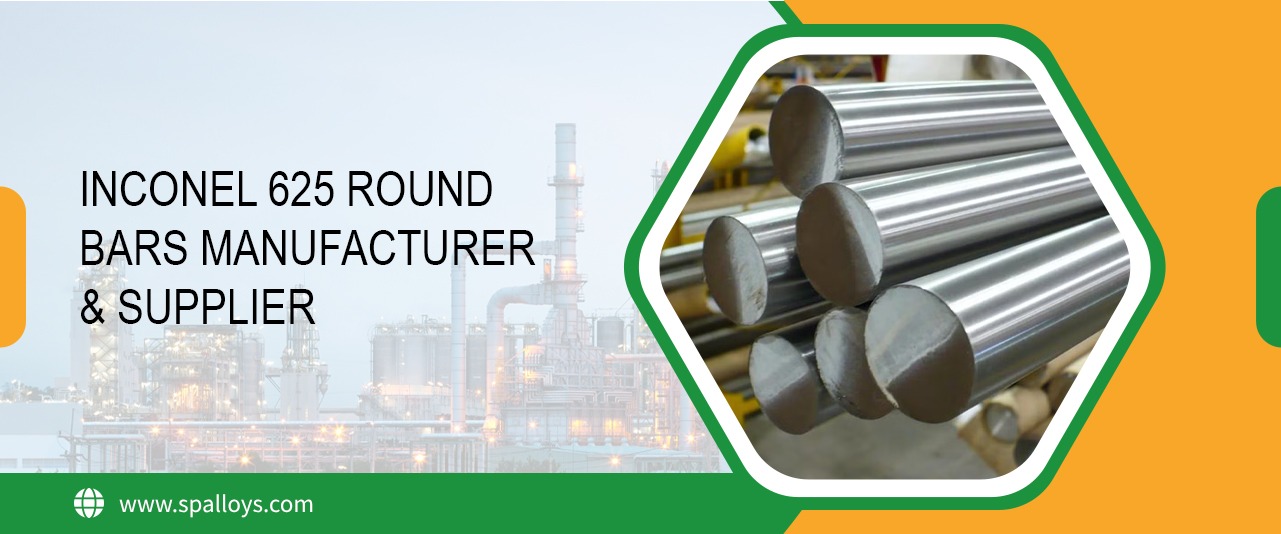In the world of immunodiagnostics and biomedical research, secondary antibodies play a crucial role in enhancing detection accuracy and signal strength. Among the most reliable tools in this space is the goat anti-llama Alkaline Phosphatase, a specialized secondary antibody designed for precise and effective applications in various assay systems. Whether in ELISA, Western blotting, or immunohistochemistry, this reagent ensures sensitive and specific results, aiding researchers in obtaining reproducible data.
What is Goat Anti-Llama Alkaline Phosphatase?
This secondary antibody is produced by immunizing goats with llama immunoglobulins. The resulting antibodies are purified and then conjugated with Alkaline Phosphatase (AP), a robust enzyme widely used in immunoassays for signal generation. The AP enzyme catalyzes a chromogenic or chemiluminescent reaction, making the target easier to detect visually or instrumentally. It is especially valued for its stability and broad compatibility with various substrates.
Advantages of Using Alkaline Phosphatase Conjugates
Alkaline Phosphatase-conjugated antibodies are preferred in many applications due to their enhanced sensitivity and long shelf life. They offer a clear signal with minimal background interference, making them ideal for low-abundance target detection. Additionally, the AP enzyme can be used with both colorimetric and luminescent substrates, providing flexibility based on detection needs. This makes it an excellent choice for laboratories looking to standardize their protocols across multiple platforms.
Applications in Immunoassays
One of the most common uses of the goat anti-llama Alkaline Phosphatase antibody is in ELISA, where it binds specifically to primary llama antibodies that are attached to the target antigen. Upon binding, the AP enzyme reacts with a substrate to produce a measurable signal. This secondary antibody is also widely used in immunoblotting techniques, allowing researchers to detect llama-derived antibodies in complex protein samples with high clarity and definition.
Ensuring High-Quality and Reliable Results
For optimal results, it is essential to select antibodies that are affinity-purified and validated for performance in key applications. High-quality antibodies should exhibit minimal cross-reactivity and be compatible with various assay conditions. Researchers should also ensure that the antibody is supplied in a stable formulation, with preservatives that do not interfere with enzymatic activity.
When conducting immunoassays involving llama antibodies, choosing the right secondary antibody is crucial to achieving reliable results. The goat anti-llama Alkaline Phosphatase antibody stands out for its high specificity, stability, and versatility across a range of experimental platforms. For trusted quality and proven performance, researchers can rely on Capralogics as their go-to supplier for this critical reagent.

